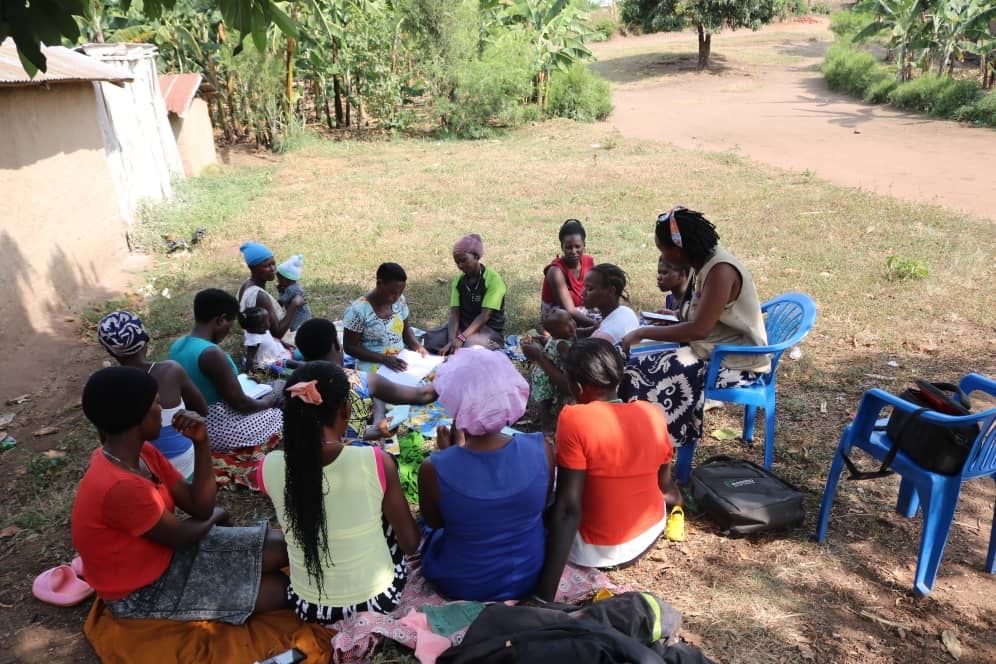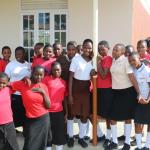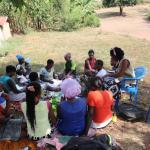What Financial Independence Really Means for Rural Women
In many rural communities, gender inequality is not simply a matter of money but rather one of survival. When a woman owns nothing, she is left with no safety net. She cannot afford a clinic visit, cannot access family planning, and cannot report abuse without risking her livelihood, home, or children. She stays, not out of choice, but because she has none.
At Embibo Gender Initiative, we know money alone does not make women free. Our Business Development Support (BDS) program provides women with skills in money management, entrepreneurship, and saving, not only for making money but also for experiencing health, justice, and autonomy.
For many of the women we work with, healthcare is not within reach. Family planning services are limited, safe delivery costs are too high, and HIV treatment is inconsistent or far away. Clinics are distant and usually not welcoming. Nutrition, too, becomes a struggle in households where income is unstable or controlled by others. This is what poverty looks like when it intersects with gender; it restricts health, choice, and dignity.
The BDS model changes this. When women learn to manage their own money, it means more than having savings. It means being able to pay for transport to a clinic, buy nutritious food, afford contraception, or walk out of a violent relationship and still feed their children the next day. It means no longer having to ask for permission to protect their health.
One powerful example is Juliet Ahimbisibwe, a rural woman from Kanaala II in Bihanga sub-county. After participating in Embibo’s BDS training, she returned to her village and began teaching others what she had learned. Juliet worked with local leaders to ensure more women could access this knowledge. Together, they identified women who were ready to start small businesses, and together with Embibo, supported them in taking that step.
Today, these businesses do more than generate income. They help women afford medical care, access reproductive health services, and feed their families. But more importantly, they have created a sense of agency. A woman with financial independence can say no. She can choose her own path.
This is what we mean when we talk about gender justice. It is not about handing out resources but rather about shifting power. Giving rural women the chance to lead change in their own communities, on their own terms.
As UN Women continues to emphasize, poverty fuels gender-based violence. Financial dependence keeps women locked in abusive relationships. But financial empowerment opens doors: to safety, to healthcare, and to justice.
As we move forward under the theme “Accelerating Action Towards Gender Equality,” we must remember that true empowerment is not only about income alone but also about control over one’s body, the ability to access health services, and the power to make decisions without fear.




